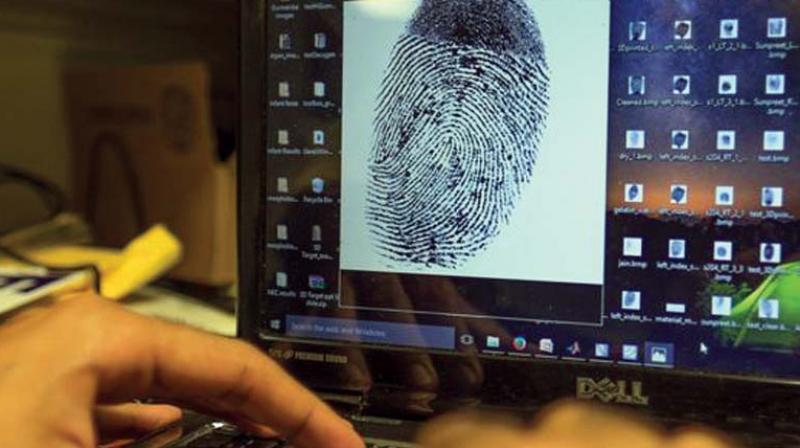Police plan five more forensic laboratories in Karnataka
The fingerprint bureau of forensic department is planning to set up separate fingerprint teams at each police division in the city.

Bengaluru: In order to bolster its crime detection mechanism, the police department is planning to set up separate fingerprint teams and increase the number of forensic science laboratories in the state.
The fingerprint bureau of forensic department is planning to set up separate fingerprint teams at each police division in the city.
Five more forensic science laboratories will be set up in the state with separate FSL units in every district. The state currently has only one such laboratory, located in Madiwala in Bengaluru.
ADGP (Crime and technical services) M.A. Saleem told Deccan Chronicle that in order to reduce travel time between the crime spot to the lone forensic science laboratory in the state, the department is planning to set up laboratories in Ballari, Hubballi, Dharwad, Kalaburagi and Mysuru. In addition, the police department is planning to set up separate FSL units for each district, which will help the police to crack cases in lesser time, he added.
Physical evidences play a vital role to scientifically help the police crack cases. As per the current normal proceedings in the city, select policemen at constable and sub-inspector levels are provided training to obtain evidences such as fingerprints, blood, sweat, hair etc. They are later recruited by the forensic department.
Whenever a crime takes place in the city, the station sub inspector preserves the crime scene and a forensic team of constables and sub inspectors reach the spot to collect evidence. After examination,
they send reports to the officer concerned. The whole procedure is looked after by an officer of ACP rank.
Saleem said the fingerprint unit in the city is planning to set up fingerprint teams at all the seven police divisions in the city to ease the procedure. They will visit the crime spot along with the investigating officer to collect the fingerprints and report it back to them immediately.
A senior officer said that fingerprint plays an important role and hence collecting and preserving fingerprints of criminals will help the police crack the cases.
“If the fingerprints are matched then 90% of the case is solved, especially those involving habitual offenders. Once the procedure is simplified, there will be less chance of the evidences getting damaged and help police solve cases in lesser time,” he said.
He said the policemen selected by forensics department are also provided training in crime scene photography, HLC packing, ballistics training, collection of tools and lifting up fingerprints etc.

